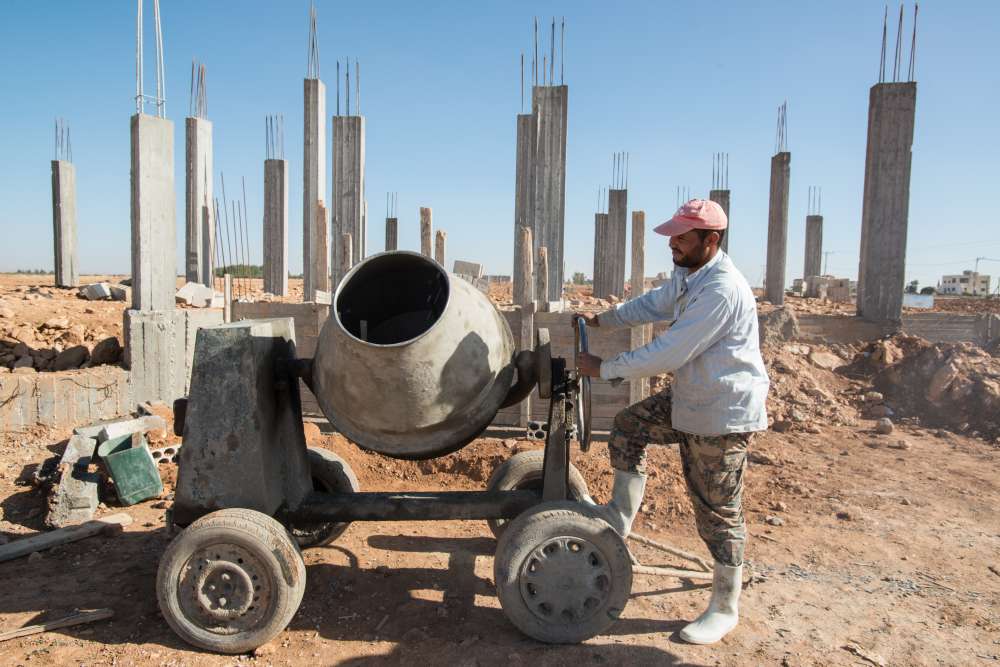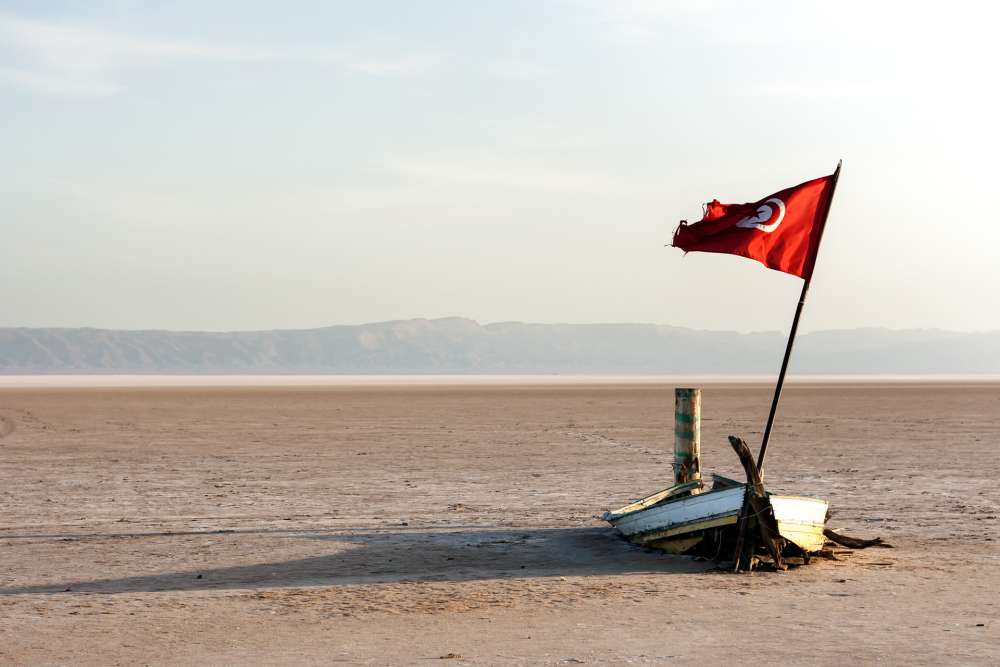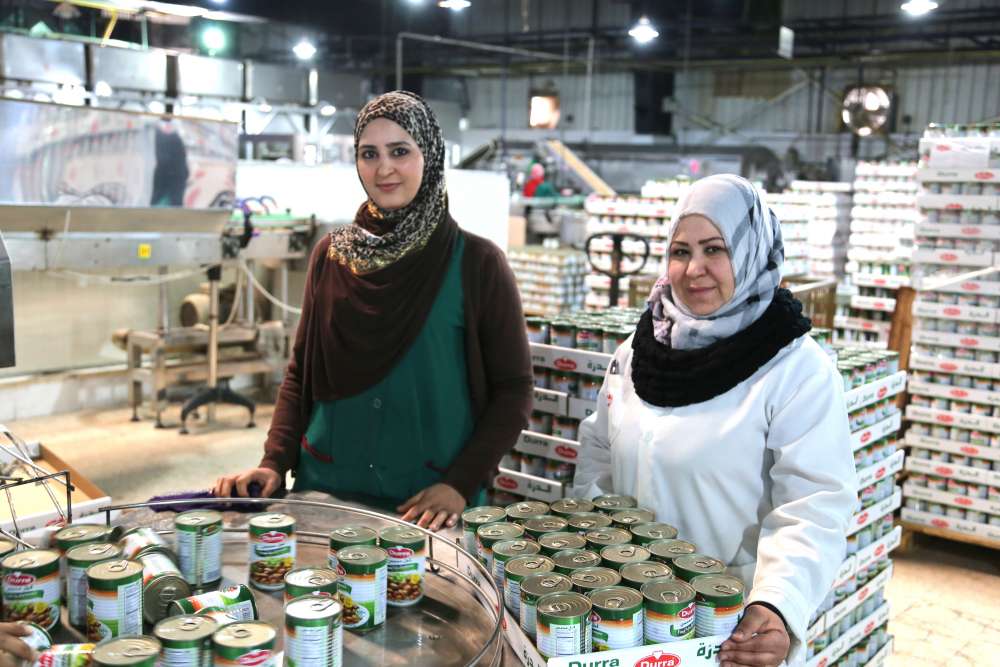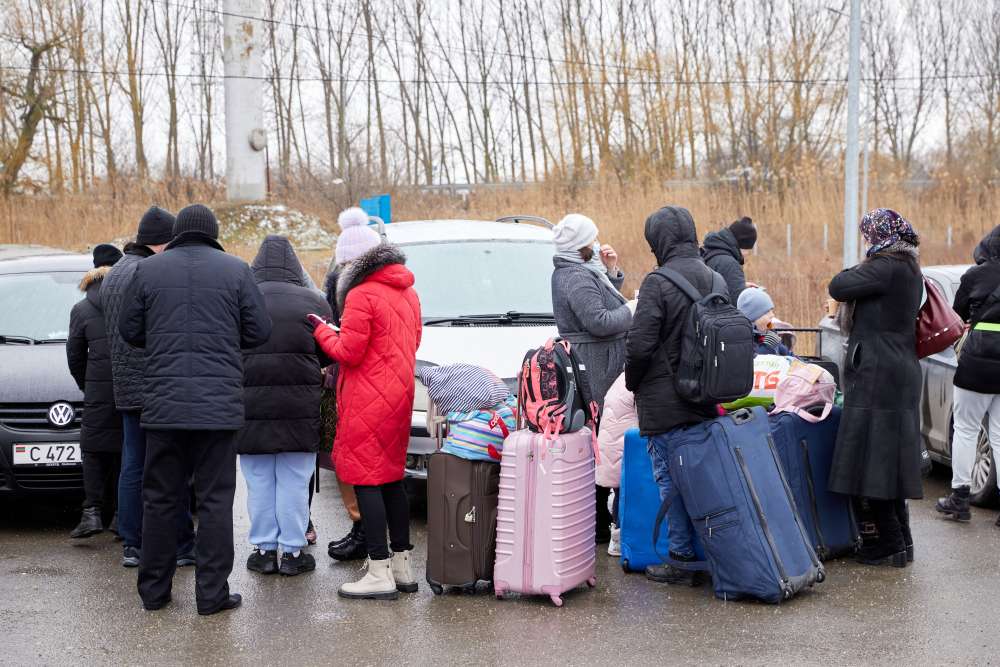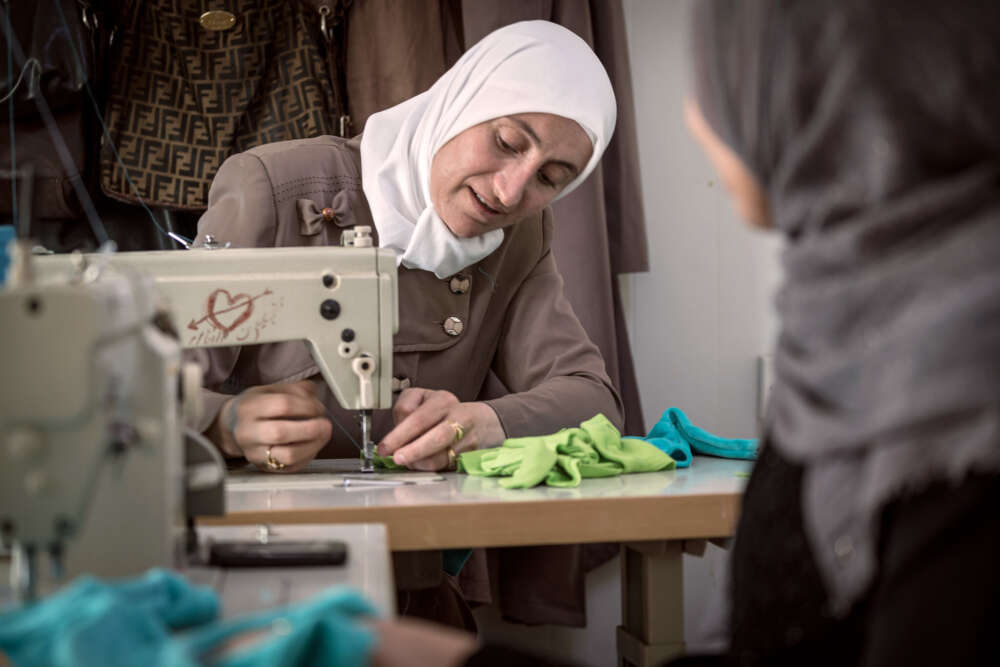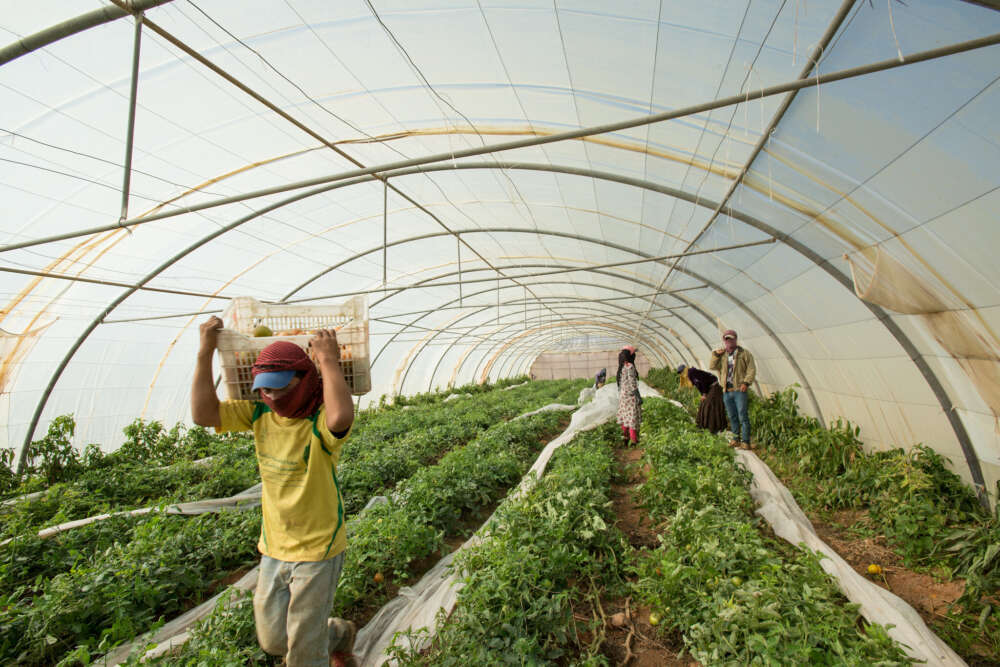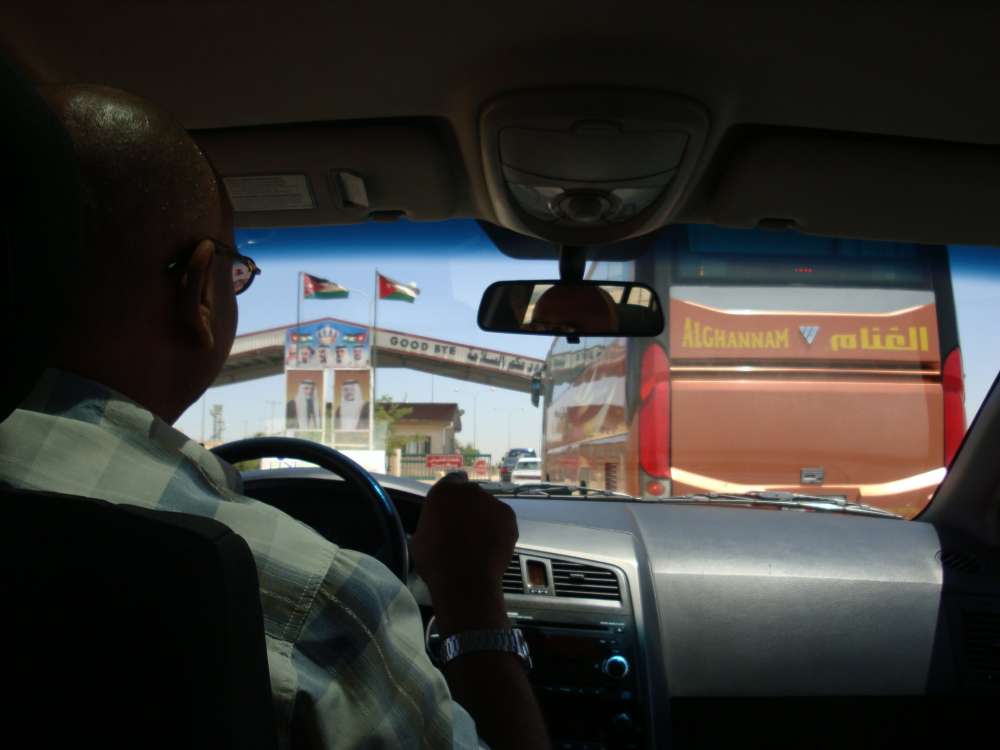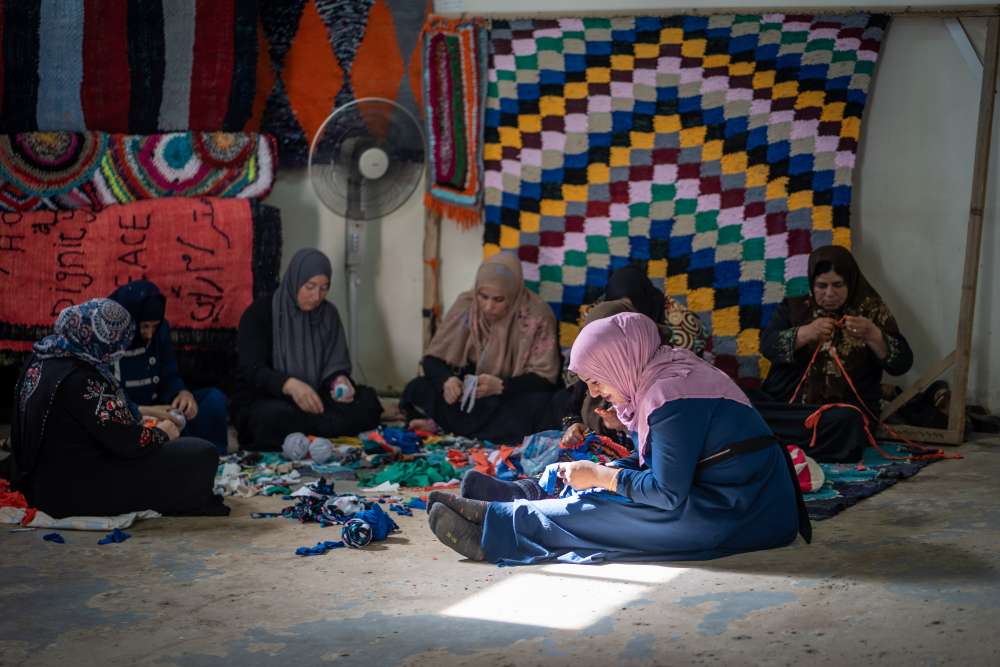Migration
Never before have so many people been on the move — across cities, regions and borders. However, efforts to govern migration often remain weak, as they struggle to balance the quandary of individual legal protection, economic opportunities, and realpolitik rooted in domestic pressures. Broad statements of good intent to make migration safe, orderly and regular contrast sharply with the grim realities of many people migrating across borders. GPPi seeks to support the quest for better policies on (forced) migration – policies that both safeguard people and reflect a sober analysis of the multiple interests involved – by contributing evidence from applied research.
Syria: Only a Return Policy That Focuses on Development Will Be a Good One
The German debate on a potential return of Syrian refugees is misguided. Rather than peddle short-sighted measures, all political parties and the German government should ask themselves how they can promote development and stability in Syria. A good return policy can be a part of this.
Migration and Asylum in Tunisia
What role is the European Union playing in terms of refugee protection in Tunisia? An examination of how EU assistance is working – and where it may have some unintended negative effects.
Global Compact on Refugees: Evidence and Learning Briefs
New response models to forced displacement prioritize refugee self-reliance and access to public services. What are host governments and donors doing to move closer to these goals?
Queering Displacement
Although international actors are already supporting IDPs in Ukraine, a particularly vulnerable subset – queer IDPs – have specific needs that are not being addressed. But there are clear opportunities to offer more targeted support.
ASILE: Global Asylum Governance and the EU’s Role
The Global Compact on Refugees is intended to strengthen responsibility sharing between governments, organizations and other actors relevant to addressing the plight of displaced people. In this research project, we analyze the role of the European Union in this model on refugee protection.
Experts
Funding & Contact
For our work on (forced) migration we have received research grants and project funding from the European Commission, Mercator Foundation, the Netherlands Organisation for Scientific Research, and the Villigst Foundation. Clients of our advisory work include the European Commission Directorate-General for Humanitarian Aid and Civil Protection (DG ECHO), the German Federal Foreign Office, the German Federal Ministry for Economic Cooperation and Development, Gesellschaft für Internationale Zusammenarbeit (GIZ), the International Organization for Migration (IOM), and the United Nations High Commissioner for Refugees (UNHCR).
For more information, please contact Julian Lehmann.
